Filter by
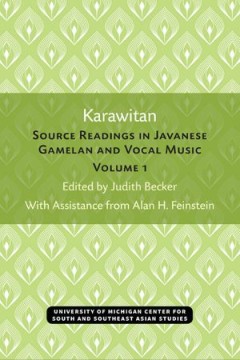
Karawitan, Volume 1: Source Readings in Javanese Gamelan and Vocal Music
The twentieth century has spawned a great interest in Indonesian music, and now books, articles, and manuscripts can be found that expound exclusively about karawitan (the combined vocal and instrumental music of the gamelan). Scholar Judith Becker has culled several key sources on karawitan into three volumes and has translated them for the benefit of the Western student of the gamelan traditi…
- Edition
- -
- ISBN/ISSN
- 9780472901647
- Collation
- -
- Series Title
- -
- Call Number
- 781.6 KAR k
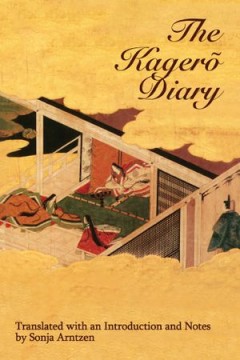
The Kagero Diary: A Woman’s Autobiographical Text from Tenth-Century Japan
Japan is the only country in the world where women writers laid the foundations of classical literature. The Kagero Diary commands our attention as the first extant work of that rich and brilliant tradition. The author, known to posterity as Michitsuna’s Mother, a member of the middle-ranking aristocracy of the Heian period (794–1185), wrote an account of 20 years of her life (from 954–74…
- Edition
- -
- ISBN/ISSN
- 9780472901401
- Collation
- -
- Series Title
- -
- Call Number
- 305.8952 KAG k
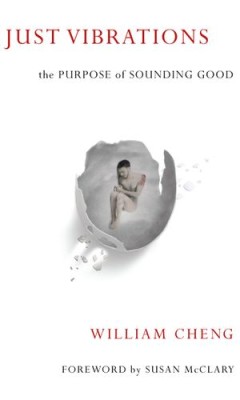
Just Vibrations: The Purpose of Sounding Good
Modern academic criticism bursts with what Eve Kosofsky Sedgwick once termed paranoid readings—interpretative feats that aim to prove a point, persuade an audience, and subtly denigrate anyone who disagrees. Driven by strategies of negation and suspicion, such rhetoric tends to drown out softer-spoken reparative efforts, which forego forceful argument in favor of ruminations on pleasure, love…
- Edition
- -
- ISBN/ISSN
- 9780472900565
- Collation
- -
- Series Title
- -
- Call Number
- 362.4 MCC j
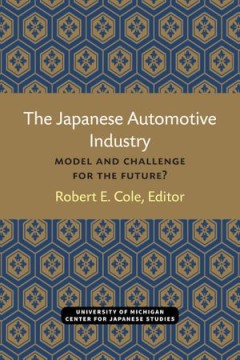
The Japanese Automotive Industry: Model and Challenge for the Future?
As the University of Michigan Center for Japanese Studies reflected on the deteriorating position of the domestic auto industry in the fall of 1980, and the strong competitive threat being posed by the Japanese automakers, we were struck by the extraordinary low quality of the public discussion of these critical issues. The national importance of the issues seemed only matched by the superficia…
- Edition
- -
- ISBN/ISSN
- 9780472902033
- Collation
- -
- Series Title
- -
- Call Number
- 300 JAP j
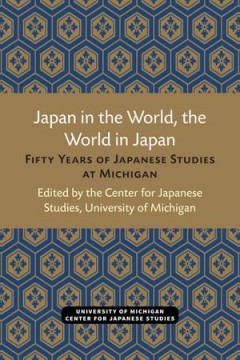
Japan in the World, the World in Japan: Fifty Years of Japanese Studies at Mi…
In fall 1997 the Center for Japanese Studies at The University of Michigan celebrated its fiftieth anniversary. The November symposium featured more than fifty speakers, moderators, and musicians who celebrated the occasion and offered reminiscences on the Center's multifaceted scholarly and professional missions, discussions of the accomplishments of its al-umni/ae, and perspectives on wartime…
- Edition
- -
- ISBN/ISSN
- -
- Collation
- -
- Series Title
- -
- Call Number
- 952 JAP j
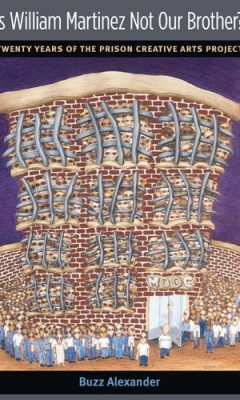
Is William Martinez Not Our Brother?: Twenty Years of the Prison Creative Art…
Praise for the Prison Creative Arts Project:"I cannot overstate how profoundly my experience with the Prison Creative Arts Project has shaped my life. It began my engagement with prison issues, developed both my passion and my understanding of them, and I continue to draw on both as I seek to contribute to a more rational, humane and just criminal justice system. PCAP prepared me to adapt to an…
- Edition
- -
- ISBN/ISSN
- 9780472900374
- Collation
- -
- Series Title
- -
- Call Number
- 301 ALE i
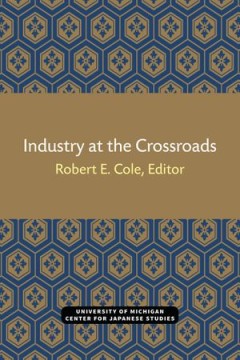
Industry at the Crossroads
International communication as a field of inquiry is, in fact, not very “internationalized.” Rather, it has been taken as a conceptual extension or empirical application of U.S. communication, and much of the world outside the West has been socialized to adopt truncated versions of Pax Americana’s notion of international communication. At stake is the “subject position” of academic an…
- Edition
- -
- ISBN/ISSN
- 9780472902040
- Collation
- -
- Series Title
- -
- Call Number
- 330 IND i
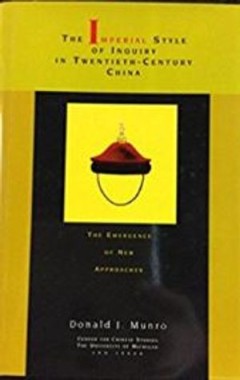
The Imperial Style of Inquiry in Twentieth-Century China: The Emergence of Ne…
How have traditional Chinese ways of thinking affected problem solving in this century? The traditional, imperial style of inquiry is associated with the belief that the universe is a coherent, internally structured unity understandable through the similarly structured human mind. It involves a reliance on antecedent and authoritarian models, coupled with an introspective focus in investigation…
- Edition
- -
- ISBN/ISSN
- 9780472901784
- Collation
- -
- Series Title
- -
- Call Number
- 301.951 MUN i
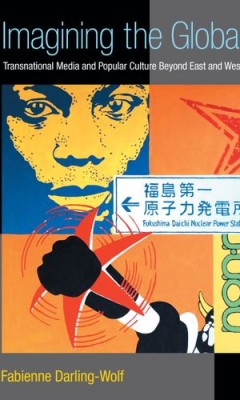
Imagining the Global: Transnational Media and Popular Culture Beyond East and…
Based on a series of case studies of globally distributed media and their reception in different parts of the world, Imagining the Global reflects on what contemporary global culture can teach us about transnational cultural dynamics in the 21st century. A focused multisited cultural analysis that reflects on the symbiotic relationship between the local, the national, and the global, it also ex…
- Edition
- -
- ISBN/ISSN
- 9780472900152
- Collation
- -
- Series Title
- -
- Call Number
- 302.23 DAR i
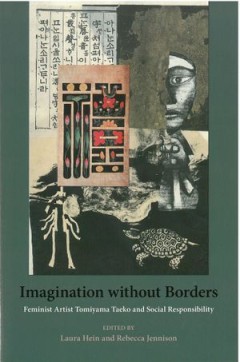
Imagination without Borders: Feminist Artist Tomiyama Taeko and Social Respon…
Tomiyama Taeko, a Japanese visual artist born in 1921, is changing the way World War II is remembered in Japan, Asia, and the world. Her work deals with complicated moral and emotional issues of empire and war responsibility that cannot be summed up in simple slogans, which makes it compelling for more than just its considerable beauty. Japanese today are still grappling with the effects of …
- Edition
- -
- ISBN/ISSN
- 9780472901623
- Collation
- -
- Series Title
- -
- Call Number
- 302.3 IMA i
 Computer Science, Information & General Works
Computer Science, Information & General Works  Philosophy & Psychology
Philosophy & Psychology  Religion
Religion  Social Sciences
Social Sciences  Language
Language  Pure Science
Pure Science  Applied Sciences
Applied Sciences  Art & Recreation
Art & Recreation  Literature
Literature  History & Geography
History & Geography